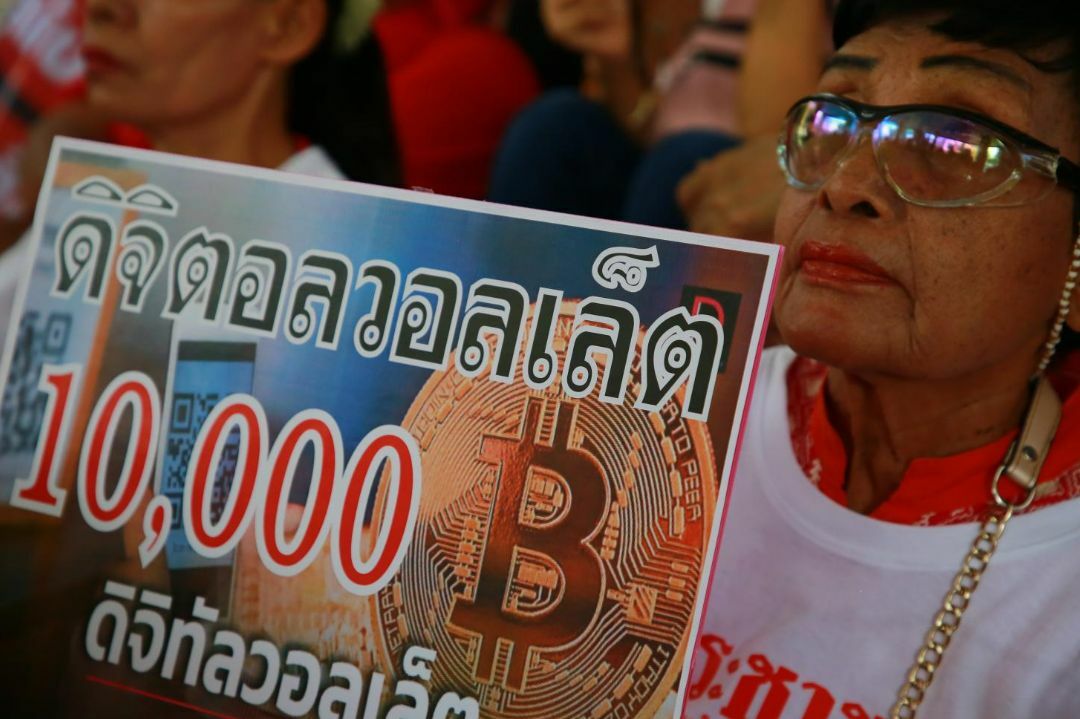Thai government’s policy paradox: Digital wallet scheme and minimum wage hike under fire

The Thai government of Prime Minister Srettha Thavisin has faced significant challenges since coming to power seven weeks ago, with various commitments made during their campaign now under scrutiny. A crucial task includes the repatriation of Thai citizens affected by the Middle East conflict and the ongoing Israel-Hamas unrest.
The Thai government’s promise to hike the daily minimum wage to 400 baht this year and 600 baht within four years may not be enough to entice Thais working abroad to return, considering wages in their host countries are higher.
Consequently, Thailand’s reliance on labour from neighbouring countries is expected to continue.
The administration’s planned 10,000-baht digital wallet scheme has raised questions about its funding source, with economists highlighting potential long-term risks based on certain financing forms.
Amonthep Chawla, chief economist at CIMB Thai Bank (CIMBT), expressed concerns about the lack of details regarding the digital handout, including funding sources, the digital unit type, and the digital wallet’s functioning. Therefore, CIMBT cannot determine whether the scheme will be implemented as planned.
The administration has announced that the handout is set to launch early next year, but Amonthep suggested that the Thai government should educate the public and merchants about the scheme ahead of its February roll-out.

He also remarked on the necessity of convincing businesses to register for the scheme and comply with the tax system. Should the scheme launch in February next year, CIMBT anticipates it could contribute to a 4% economic growth next year. However, the bank remains sceptical about sustaining this growth rate in 2025 and 2026.
As for the proposed increase in the minimum wage, the bank expects the Thai government to implement this policy on time, as it does not require a significant fiscal budget, but this depends on tripartite discussions.
Aat Pisanwanich, an international economics consultant at International Research Consultant Co, speculates that while the minimum wage hike could be implemented this year, the 10,000-baht digital handout is unlikely to launch before February next year.
Sangchai Theerakulwanich, president of the Federation of Thai SMEs, recalled a previous instance when the daily minimum wage was raised, causing many businesses to close when the rate was increased to 300 baht a day. He argued that skilled workers already earn over the proposed minimum wage, and unskilled workers often earn less than 300 baht a day.
Aat suggested that a minimum wage increase may not alleviate people’s cost of living, as manufacturers may consequently increase product prices. He recommended that instead of the 560 billion baht planned for the digital handout, the Thai government should allocate 40% of this budget to restructure the country’s production costs, reported Bangkok Post.
Reducing Costs
He also advised reducing logistics costs and adjusting the production process towards lower emissions, a strategy already implemented by Vietnam.
Visit Limlurcha, president of the Thai Future Food Trade Association, stressed the question of whether the Thai government can effectively enact their proposed policies. He cited a recent poll that found most CEOs believe the new government’s policies would meet the industrial sector’s needs to a “moderate” degree, due to the previous economic crisis’s lingering issues.
Chaichan Chareonsuk, chairman of the Thai National Shippers’ Council, was sceptical about achieving the pledge to raise the daily minimum wage within the first 100 days of the Thai government’s term. However, he commended the government’s measures to reduce electricity, oil and gas prices, and public transport costs, as well as the visa exemption for Chinese tourists.
The escalating war in Ukraine and the recent Israel-Hamas conflict are expected to affect the Thai economy, as Thailand imports fertilisers, raw materials for making animal feed, and oil from these countries.
To stimulate exports, Chaichan stressed the need for Thai government and private sector cooperation to tap new markets and strengthen existing ones. Building soft power is critical in this endeavour, particularly for the food and textile industries, he said.
Follow more of The Thaiger’s latest stories on our new Facebook page HERE.
Latest Thailand News
Follow The Thaiger on Google News:


























